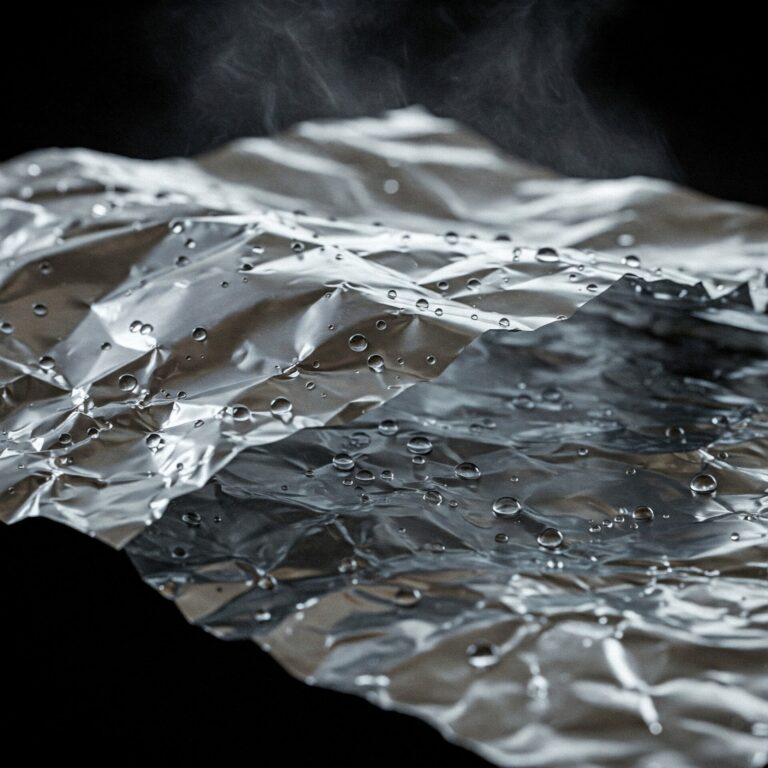
How does aluminium foil’s barrier properties impact the freshness of pharmaceutical products
Aluminium foil is widely recognized for its exceptional barrier properties, which play a crucial role in maintaining the freshness and efficacy of pharmaceutical products. Its ability to protect medications from moisture, oxygen, light, and contaminants ensures that drugs remain stable and potent throughout their shelf life. In this article, we will explore how aluminium foil’s barrier properties impact the freshness of pharmaceutical products and why it remains a preferred material in the industry.
Moisture Barrier Properties
- Water Vapor Transmission Rate (WVTR): Aluminium foil exhibits an extremely low WVTR, meaning it effectively blocks water vapor from penetrating the packaging. This is critical for preventing moisture-induced degradation of pharmaceuticals, especially in humid environments.
- Chemical Stability: The naturally formed aluminium oxide layer on the foil’s surface provides high chemical inertness, ensuring that the foil does not react with pharmaceutical products. This stability maintains the safety and efficacy of the contents, even in acidic or alkaline environments.
Oxygen Barrier Properties
- Gas Impermeability: Aluminium foil is impermeable to gases, including oxygen, which can cause drug degradation. By preventing oxygen from reaching the medications, aluminium foil helps maintain their potency and stability.
- Extended Shelf Life: The oxygen barrier properties of aluminium foil contribute to extending the shelf life of pharmaceutical products by preventing oxidation reactions that can lead to drug degradation.
Light Protection
- Reflective Properties: Aluminium foil reflects light, preventing its penetration and protecting drugs from light-induced degradation. This is particularly important for photosensitive pharmaceuticals, which can lose potency when exposed to light.
- Chemical Stability: By shielding drugs from light, aluminium foil helps maintain their chemical stability, ensuring that they remain effective throughout their intended shelf life.
Contaminant Protection
- Impermeability to Contaminants: Aluminium foil acts as a physical barrier against microorganisms and other contaminants, ensuring that pharmaceutical products remain sterile and safe for consumption.
- Tamper-Evident Features: Aluminium foil can be easily laminated or printed with tamper-evident seals, providing an additional layer of security against unauthorized access.
Impact on Freshness and Efficacy
The barrier properties of aluminium foil have a direct impact on the freshness and efficacy of pharmaceutical products:
- Preservation of Potency: By protecting drugs from environmental factors, aluminium foil ensures that they retain their potency and stability, maintaining their therapeutic effectiveness.
- Extended Shelf Life: The robust barrier properties of aluminium foil contribute to extending the shelf life of pharmaceutical products, reducing the need for frequent replacements and minimizing waste.
- Enhanced Safety: Aluminium foil’s ability to prevent contamination and maintain sterility ensures that pharmaceutical products are safe for consumption, reducing the risk of adverse reactions.
Conclusion
Aluminium foil’s barrier properties are essential for maintaining the freshness and efficacy of pharmaceutical products. Its ability to protect medications from moisture, oxygen, light, and contaminants ensures that drugs remain stable and potent throughout their shelf life. As the pharmaceutical industry continues to evolve, the role of aluminium foil in packaging will remain critical, supporting the development of safe, effective, and sustainable healthcare solutions.

